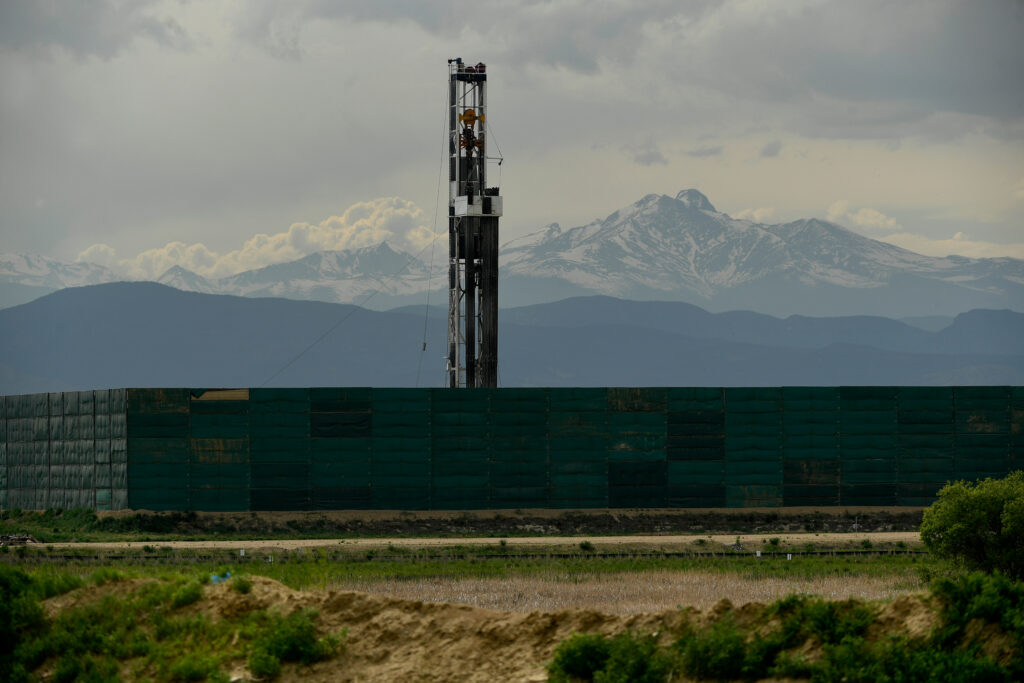A new report by climate advocacy organizations claims that efforts by the fossil fuel industry to market natural gas as a low-carbon fuel amount to greenwashing.
Gas producers are increasingly seeking “gas certification” from third-party companies to label their products as clean. These companies monitor wells and other gas infrastructure for methane emissions.
However, the gas certification industry is unregulated, and the monitoring systems often fail to detect methane, according to a June 18 report by Oil Change International and Earthworks.
“Certified gas is a greenwashing scam,” said Dakota Raynes, a researcher with Earthworks and an author of the report. “There is not enough evidence that this gas is actually associated with lower methane emissions.”
Project Canary, a leading company offering low-methane certification, contested the findings, stating it does not certify any of the sites included in the report, which contains inaccuracies.
Methane, the primary component of natural gas, has a lower climate impact than coal or oil when burned but is over 80 times more potent than carbon dioxide if leaked into the atmosphere.
Project Canary and two other companies, Equitable Origin and MiQ, certify nearly 40 percent of U.S. gas production. Gas utility companies sell certified gas to ratepayers at a premium.
Arvind Ravikumar of the University of Texas at Austin noted that continuous monitors are effective in controlled settings but may not meet the same standards in the field.
The report analyzed 81 surveys by Earthworks of 38 oil and gas production sites using continuous monitoring equipment. Earthworks detected 23 pollution events with optical gas imaging (OGI) cameras.
Public record requests in Colorado revealed that, except for one event, gas certification companies did not detect the same pollution events identified by Earthworks.
Project Canary monitors missed 11 of 12 pollution events at their certified sites, and their monitors were down 26 percent of the time over 11 months. The company said its monitors were not meant to detect methane emissions but volatile organic compounds (VOCs).
Colorado regulations require oil and gas producers to monitor new wells for “hydrocarbon emissions,” allowing flexibility in which pollutants they monitor.
Project Canary responded online, stating it detected seven of the events but was only required to report one to regulators.
A group of seven Democratic senators, led by Ed Markey, wrote to Federal Trade Commission Chair Lina Khan, urging an investigation into deceptive environmental claims by fossil fuel producers and gas certification programs.
The senators noted that certified gas could mislead consumers into paying higher prices for a commodity that may not be as clean as claimed.
In a response to Senator Markey, Khan said the FTC is reviewing its “Green Guides” on environmental marketing claims.
Ravikumar emphasized the need for better sensor performance for effective gas certifications, warning against the pitfalls seen in the carbon offset market.
“Trust is crucial for certification,” he said. “Without it, certifications lose their value.”
Original Story at insideclimatenews.org
